|
Spring is here! We've got sprouts sprouting and greens greening up! Here's a snapshot of what's growing these days.
0 Comments
It's August. We're halfway through summer CSA and in the busiest time at the farmers' market. Everything is busting at the seams – the crops, the weeds, the cooler, the van when we load up on Saturday. It can be a bit overwhelming! We're trying to make sure to take some breaks, get enough rest, and remember that there are a lot of months between us and the end of the winter market in December. At the same time, it's satisfying to be pulling in so much bounty – hundreds of ears of corn, hundreds of pounds of melons. The garlic are drying down in the barn, and we've got strawberry plants due to arrive in early September, so we're prepping beds for that. So far the disease and pest pressure hasn't been too bad (knock on wood!), and weeds are are biggest battle. We went from about 4.5 acres last year to about 6 this year; I'll write soon about some of the changes and investments we've made this year to streamline and improve our practices as we grow.
Huge thanks to all our Summer CSA members! We've had such a good year - we sure hope you've had a good one as well. Folks who are staying on or joining us for the Winter CSA, please note that it starts the first week of November - there is no CSA pick-up next week.
We've grown dry beans a few times, though never in much quantity, mostly just for our own family. They're a great crop in a number of ways - as a nitrogen-fixing legume they're good for the soil, they don't require a whole lot of work between planting and harvesting, and, once processed, they produce a great and somewhat unusual product that stores well and doesn't take up too much room. The tricky part is that little phrase, "once processed."
The bean plants need to be pulled and the pods dried down thoroughly so that the beans don't rot or sprout. Then the beans themselves need to be separated from their pods (known as threshing), cleaned of dirt and pieces of plant, and checked over for quality. On a household scale, we would just keep a bushel basket of pods handy and shell beans by hand whenever we watched movies or as we were sitting around the kitchen table after dinner. We mostly managed to keep up with our own bean usage that way, but it's not a particularly viable method on a commercial scale. Of course, there are plenty of machines one can buy to thresh and clean beans, but those are also typically not viable on the relatively small commercial scale at which we are operating. There are a number of small-scale solutions, powered by bikes or made from modified wood chippers. There are also extremely low-tech solutions, like putting the beans in an old pillowcase and whacking it against a hard surface until the beans fall out of their shells, and then pouring it all in front of a fan a few times to blow away debris. That will probably be our solution for a few batches of beans until we figure out which kind of slightly higher-tech solution will work best for us. Look for dry beans at the market in a few weeks and in CSA pretty soon! A few weeks ago we had a clean-up day to deal with the aftermath of the flooding. Honestly, we'd been pretty depressed about the whole thing - losing that field this year, plus the winter plantings we can't plant, plus the potential of having it happen again, plus the thought of all that food going to waste - and we took up the offer that Annie Harlow made to put our clean-up day out to the ACORN network because we figured if we got a few more hands, we could get it over with more quickly. Well, we sure got some more hands. Those hands included the entire Middlebury College men's soccer team, several of our CSA members, some friends, and a couple of folks hardly even know. It was humbling and gratifying to watch all the energy that these people brought to the work of tearing out plants, pulling up plastic, hauling potatoes, and making the biggest compost pile we've ever had.
It was also incredibly efficient - in literally an hour and a half, our team of 30+ people did what would have been at least two weeks of work for Jeremy and Brian. And it was almost fun! Such an amazing gift to receive from our community. We've also been touched by all the people who stopped by our stand and the market to ask how we're doing and buy an extra squash or two. As climate change makes big weather like Irene more likely and alters the patterns of the seasons, farmers are going to have to adapt in a lot of different ways. Perhaps that gorgeous river-bottom soil will have to be limited to orchards or pasture. Clearly diversification is going to be increasingly important - if we'd been growing only winter squash, we'd be totally screwed. And I think community is going to become more and more important as well - for work parties, for investment in new ideas, for moral support. So the good thing about having lost our field was that we got to see our community in action. And that was pretty great. (Thanks to Annie Harlow for the photos.) From the last indoor winter market. We won't be at the market tomorrow (the 21st) because all the wet weather got us a bit behind & threw off the succession plantings. But we should be back next week with lots of goodies, and we're getting really excited for CSA!
|
Follow us on Facebook for more updates! Archives
March 2016
Categories
All
|

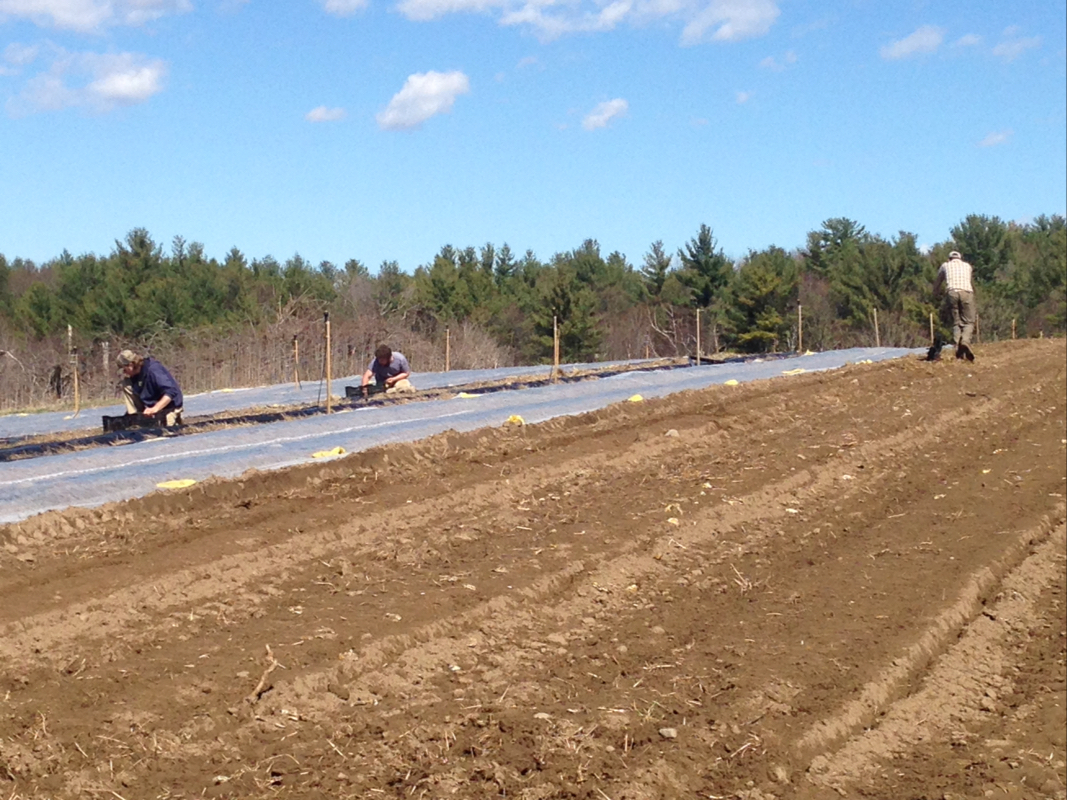
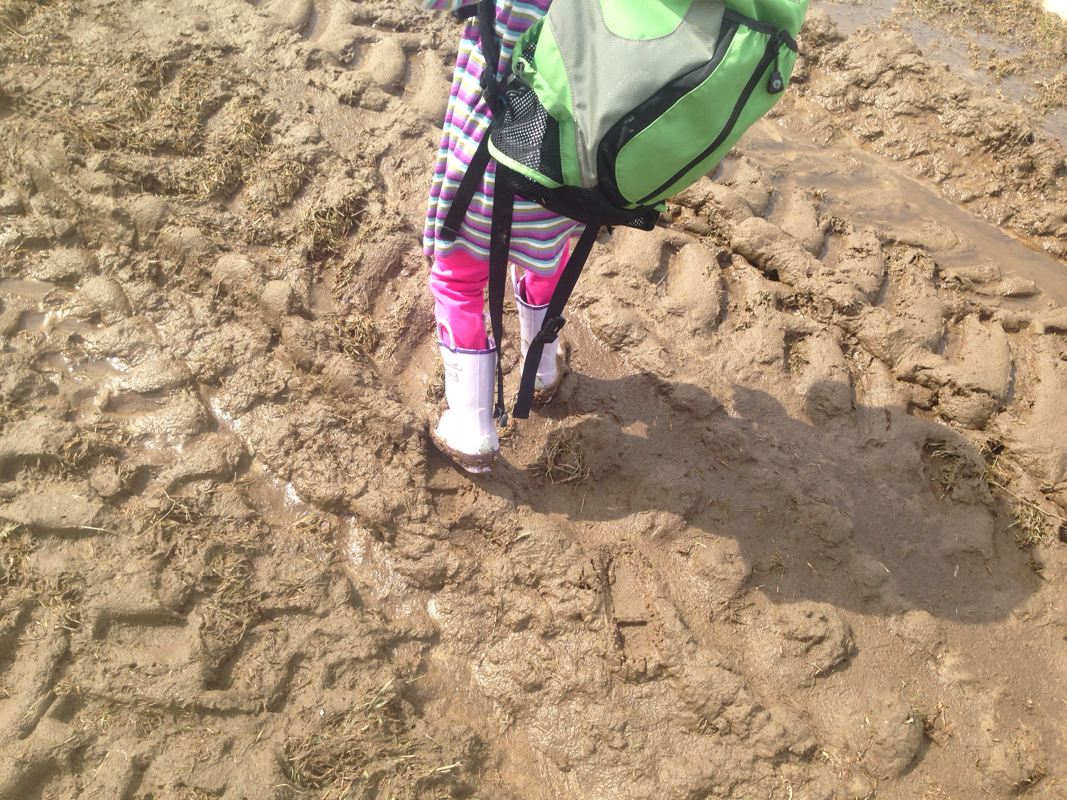

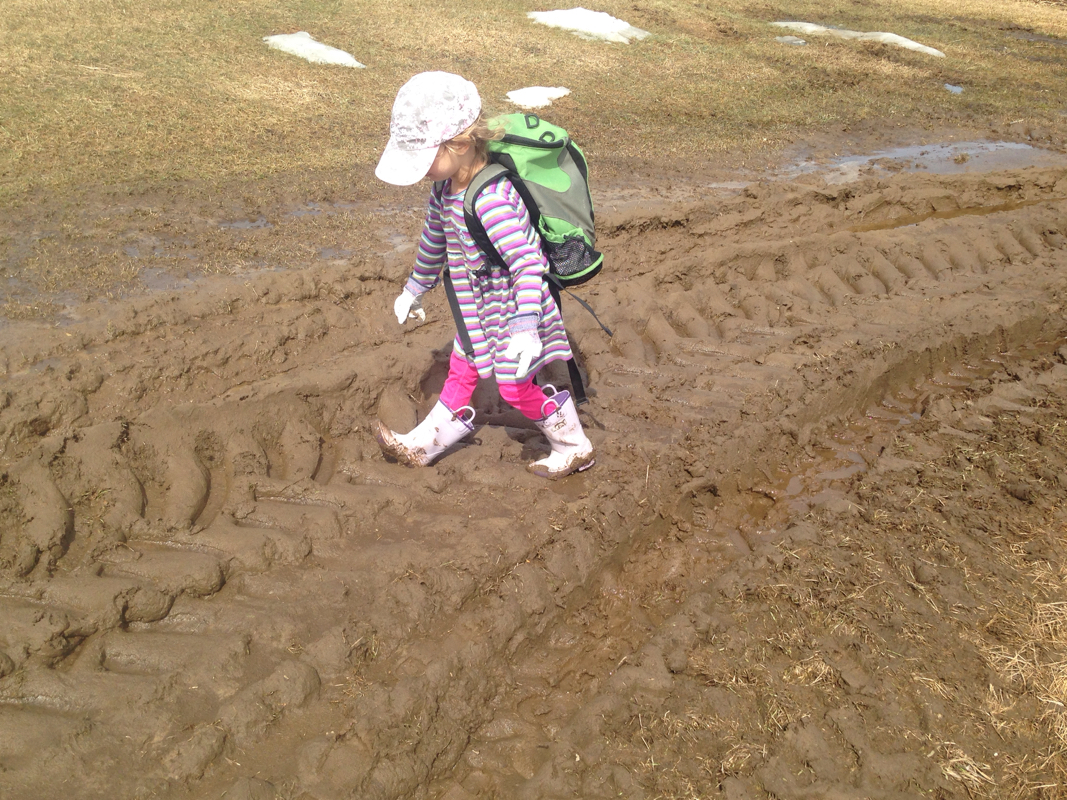
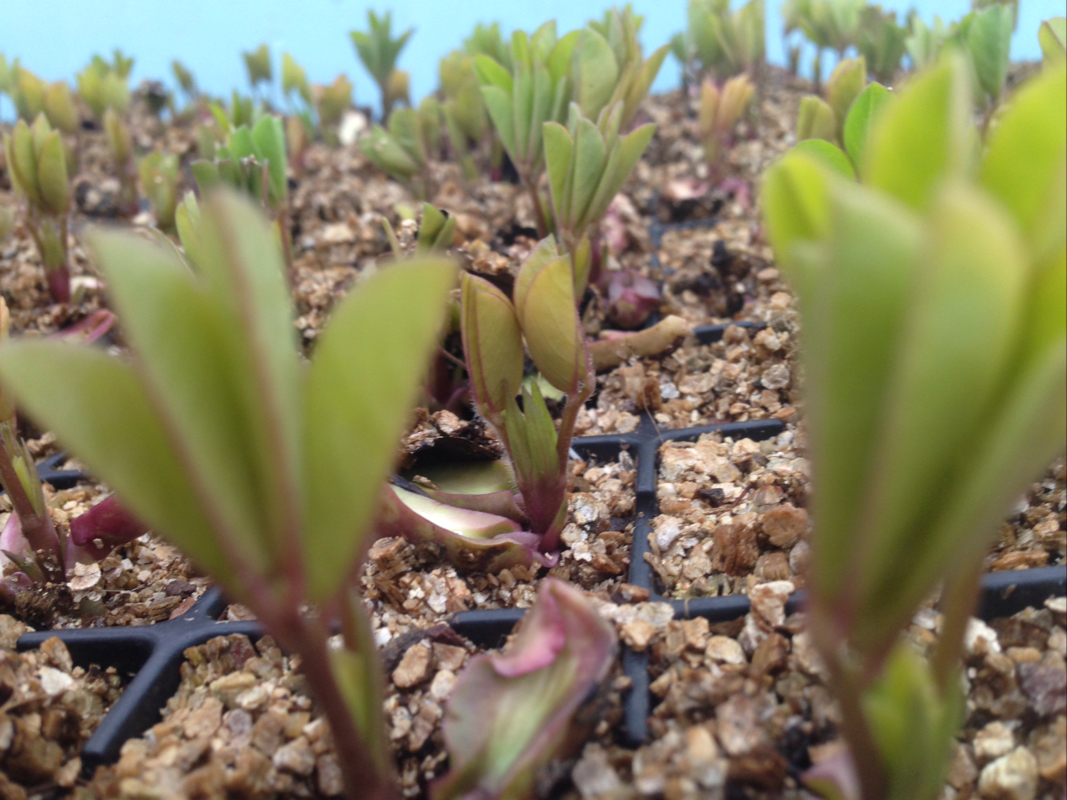
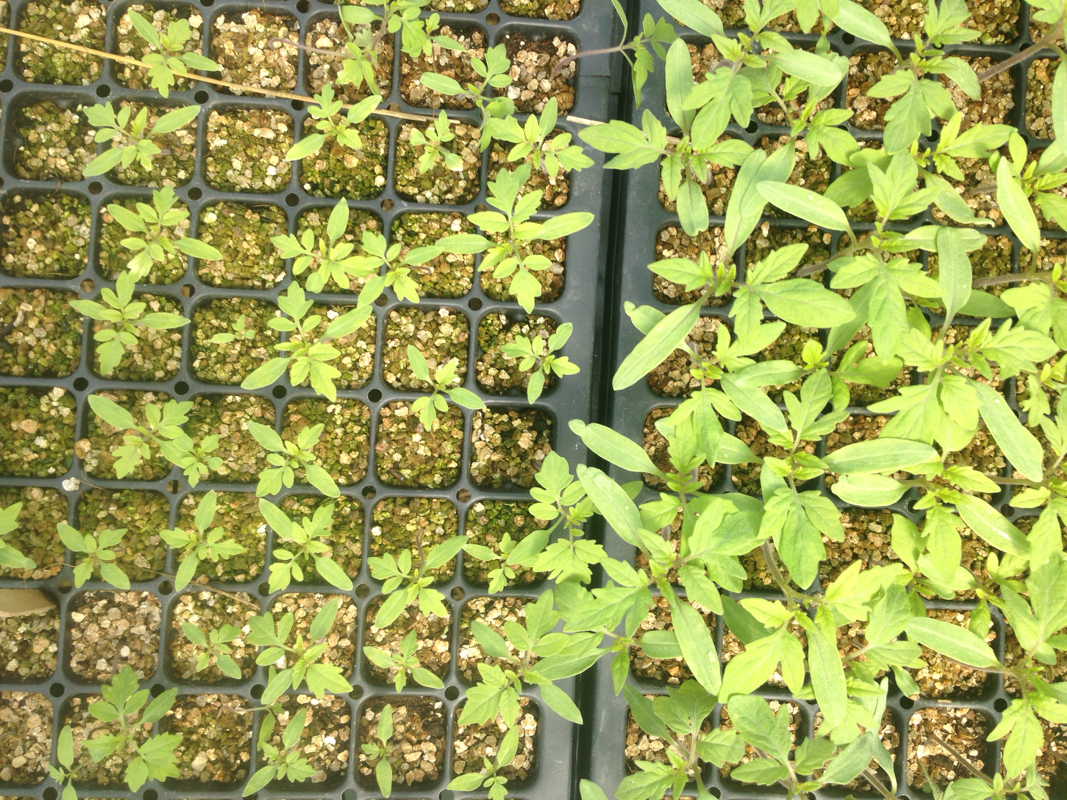
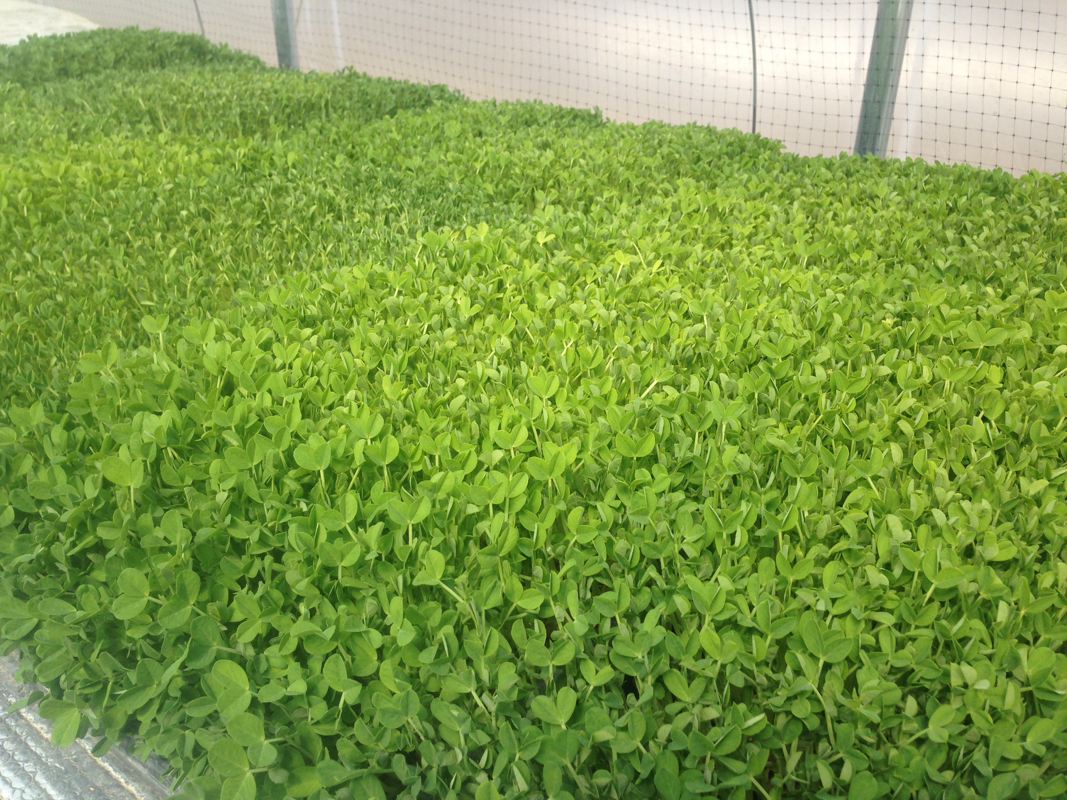
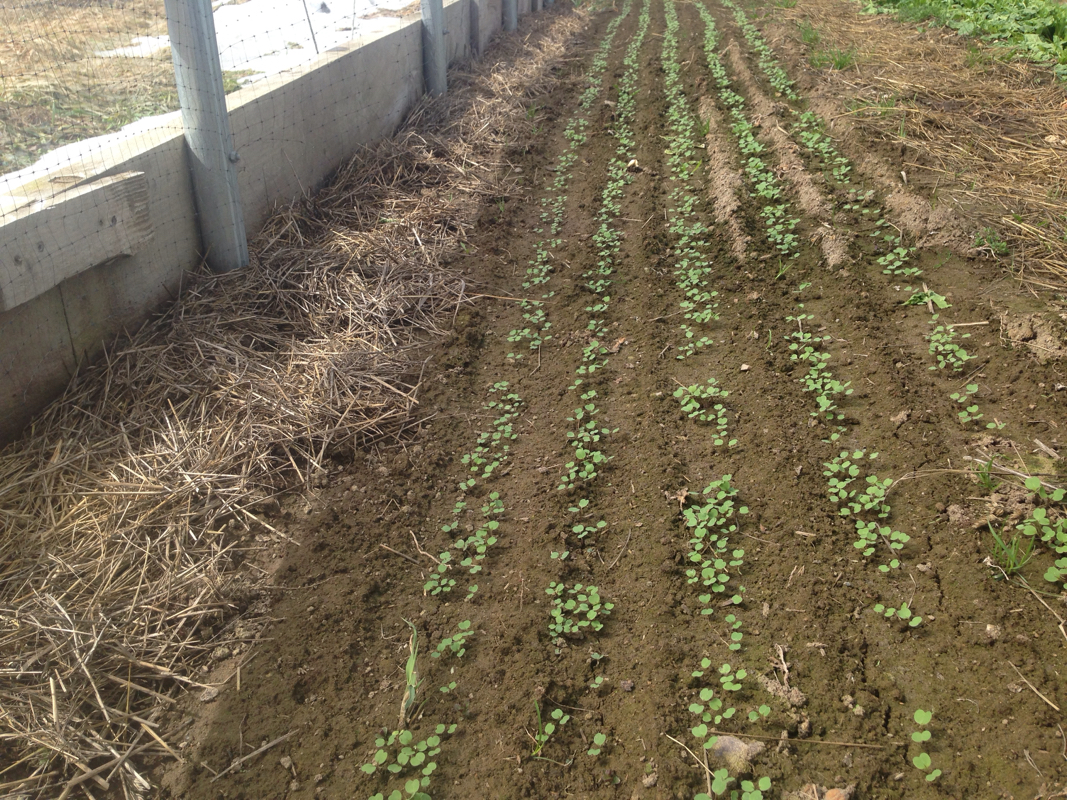
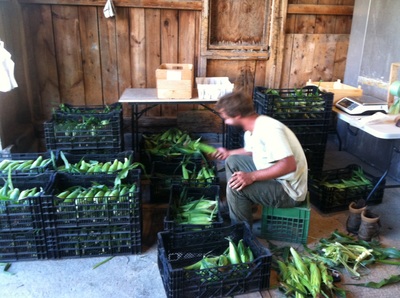
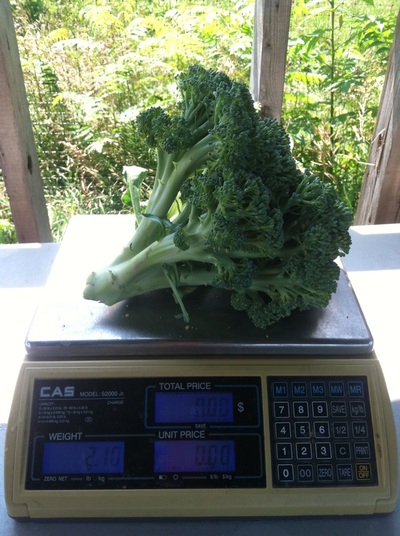
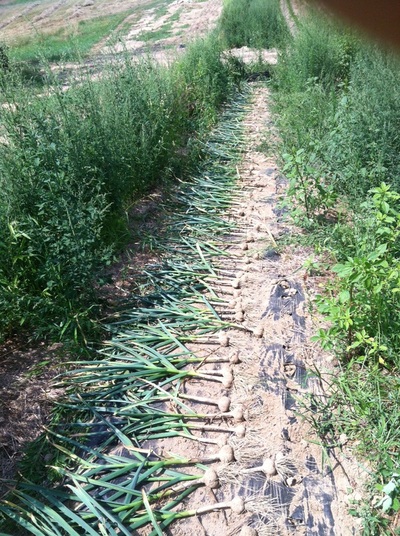
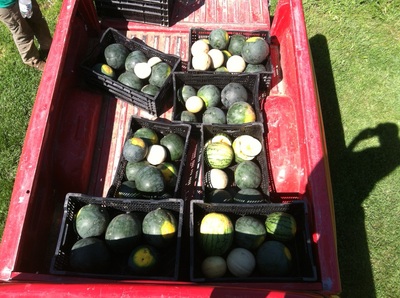
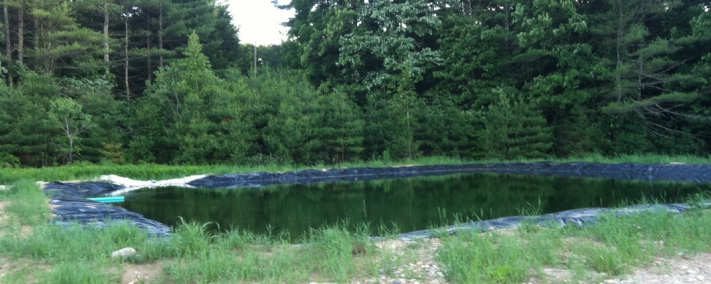
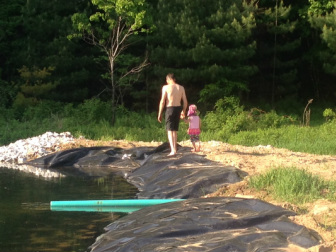


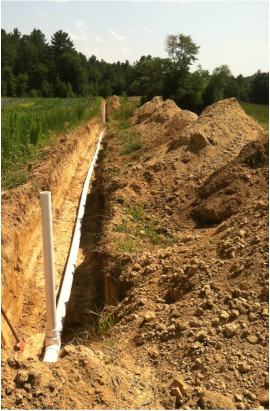
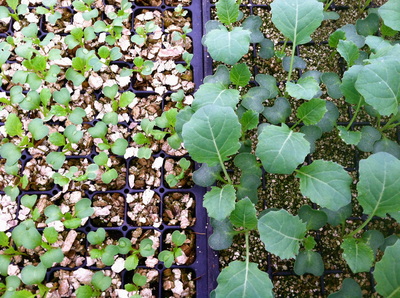
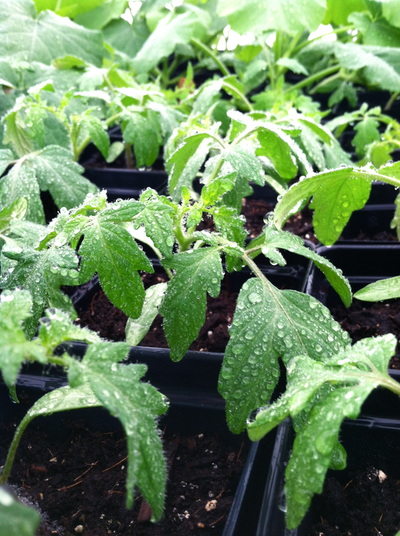
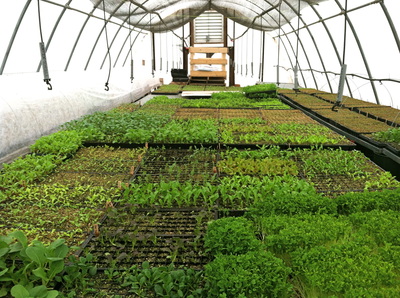
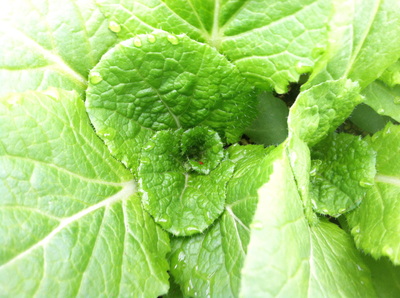
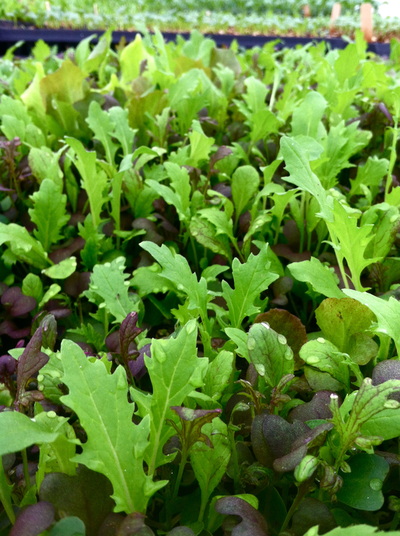
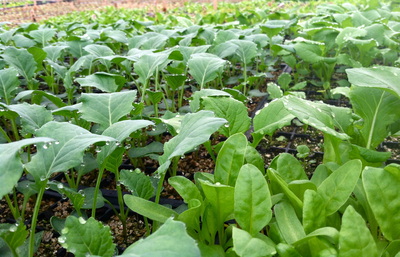
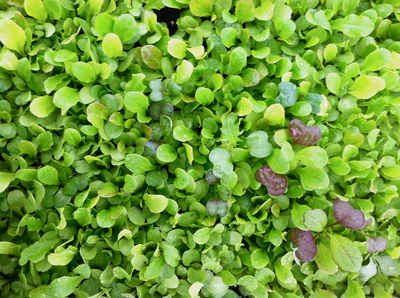
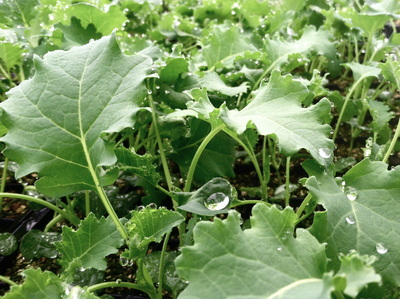
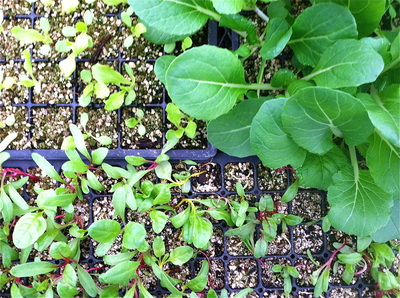
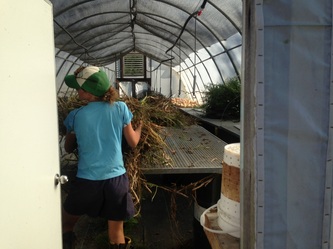
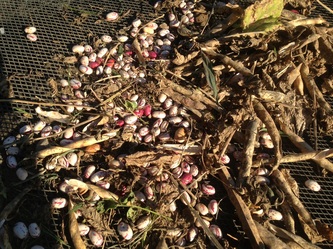
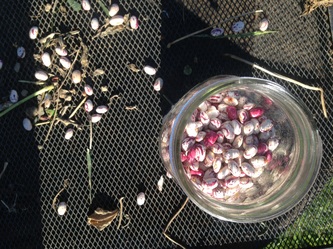
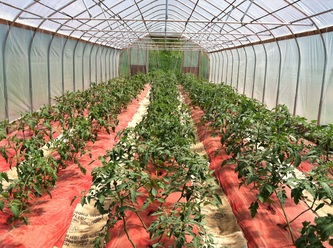
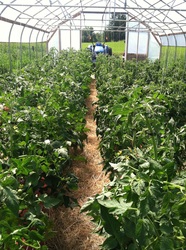
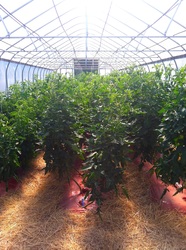
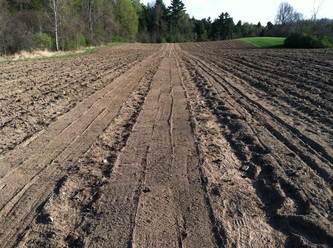
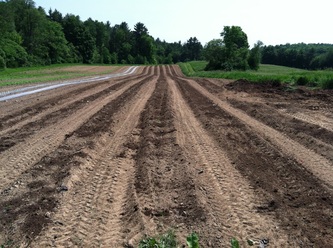
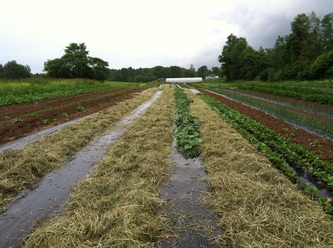
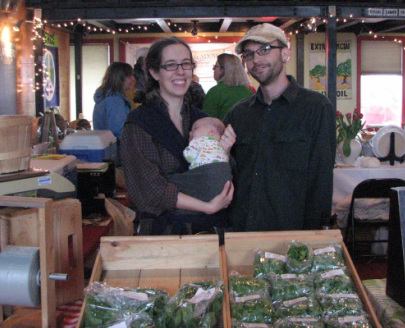

 RSS Feed
RSS Feed
